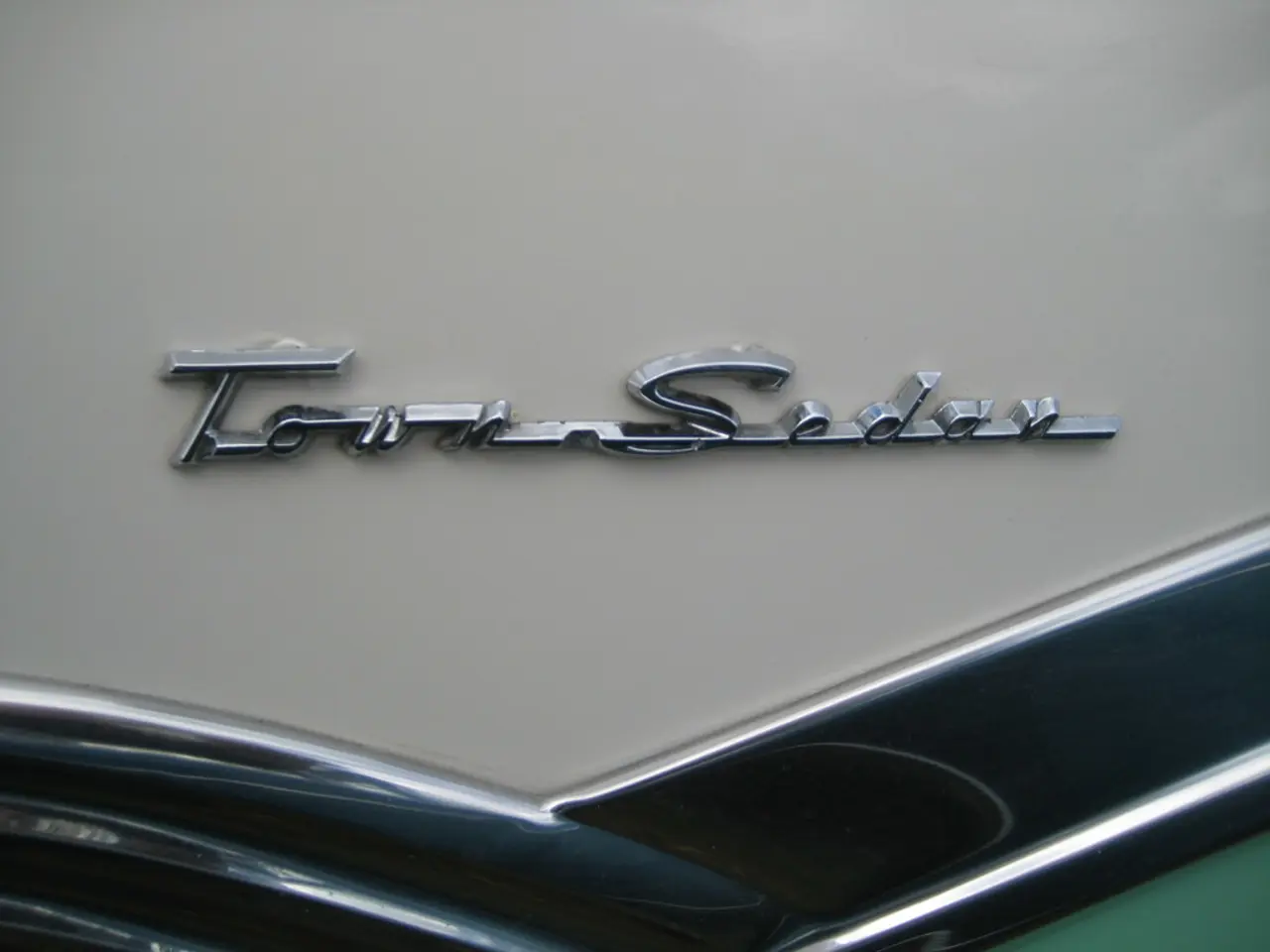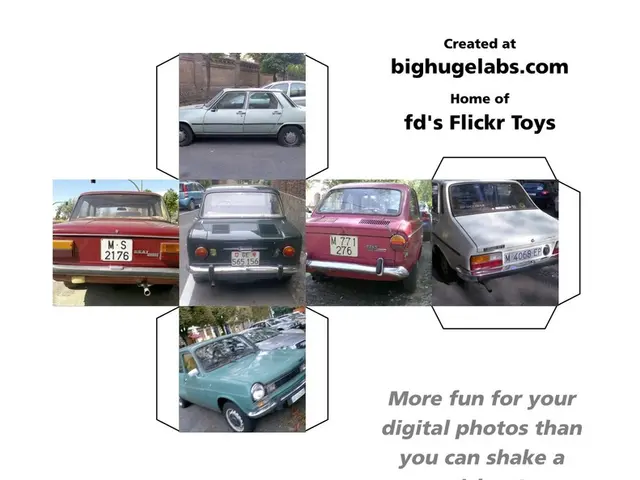Collaboration of Four Companies: Mitsubishi Fuso, Hino Motors, and Two Others Focus on Hydrogen Technology and Beyond
In a groundbreaking move, Mitsubishi Fuso Truck and Bus Corporation (MFTBC) and Hino Motors have agreed to merge with the support of Daimler Truck and Toyota. The collaboration aims to create a globally competitive Japanese commercial vehicle manufacturer, set to launch in April 2026 on the Tokyo Stock Exchange's Prime Market.
Collaborative Vision and Focus Areas
The partnership is centered around advancing the commercial vehicle sector, particularly in the areas of Connected, Autonomous & Automated, Shared, and Electric (CASE) technologies. The focus on CASE technologies is crucial for creating a prosperous mobility society and achieving carbon neutrality.
A significant emphasis is on hydrogen technology, with the intention to strengthen leadership in zero-emission technologies. Daimler Truck and Toyota will equally invest in the merged entity to develop hydrogen and other advanced technologies.
The partnership also seeks to counter competition from Chinese Original Equipment Manufacturers (OEMs) and accelerate decarbonization in the commercial vehicle sector. This involves leveraging synergies in procurement, R&D, and production to enhance global competitiveness.
Merger Details
The merger will involve the establishment of a holding company with shares split evenly between Daimler Truck and Toyota. Both Mitsubishi Fuso and Hino will retain their brands and sales networks in Japan and abroad.
Mitsubishi Fuso and Hino will become wholly owned subsidiaries of the new company. The merger is a step towards competing on the global stage for commercial vehicles.
The Road Ahead
The CEOs of the participating companies have had meaningful discussions about the partnership, confirming each other's visions. The key to this future lies in CASE technologies such as electrification and autonomous driving.
Daimler Truck and Toyota have driven the development of fuel cell and hydrogen engine technologies and plan to commercialize products and establish hydrogen infrastructure. The merger aims to seek economies of scale through joint development, procurement, and production.
Robust competition is expected to contribute to a better future for commercial vehicles. The collaborative vision is to build the future of commercial vehicles, focusing on hydrogen as a key technology, and to create a prosperous mobility society. The merger aims to accelerate the spread of CASE technologies, particularly in the hydrogen domain.
The commercial vehicles that currently make up 40% of global automotive CO2 emissions must evolve into an environmentally-friendly mode of mobility. The merger between Mitsubishi Fuso and Hino, driven by the visionary partnership with Daimler Truck and Toyota, is a significant step towards achieving this goal. The merger will be finalized within the fiscal year to March 2024, with the merger to be carried out by the end of that calendar year.
Read also:
- California links 100,000 home storage batteries through its Virtual Power Plant program.
- Air conditioning and air source heat pumps compared by experts: they're not identical, the experts stress
- Tech Conflict Continues: Episode AI - Rebuttal to the Tech Backlash
- Container Tracking and Sustainable Shipping: Cutting Carbon Emissions!








